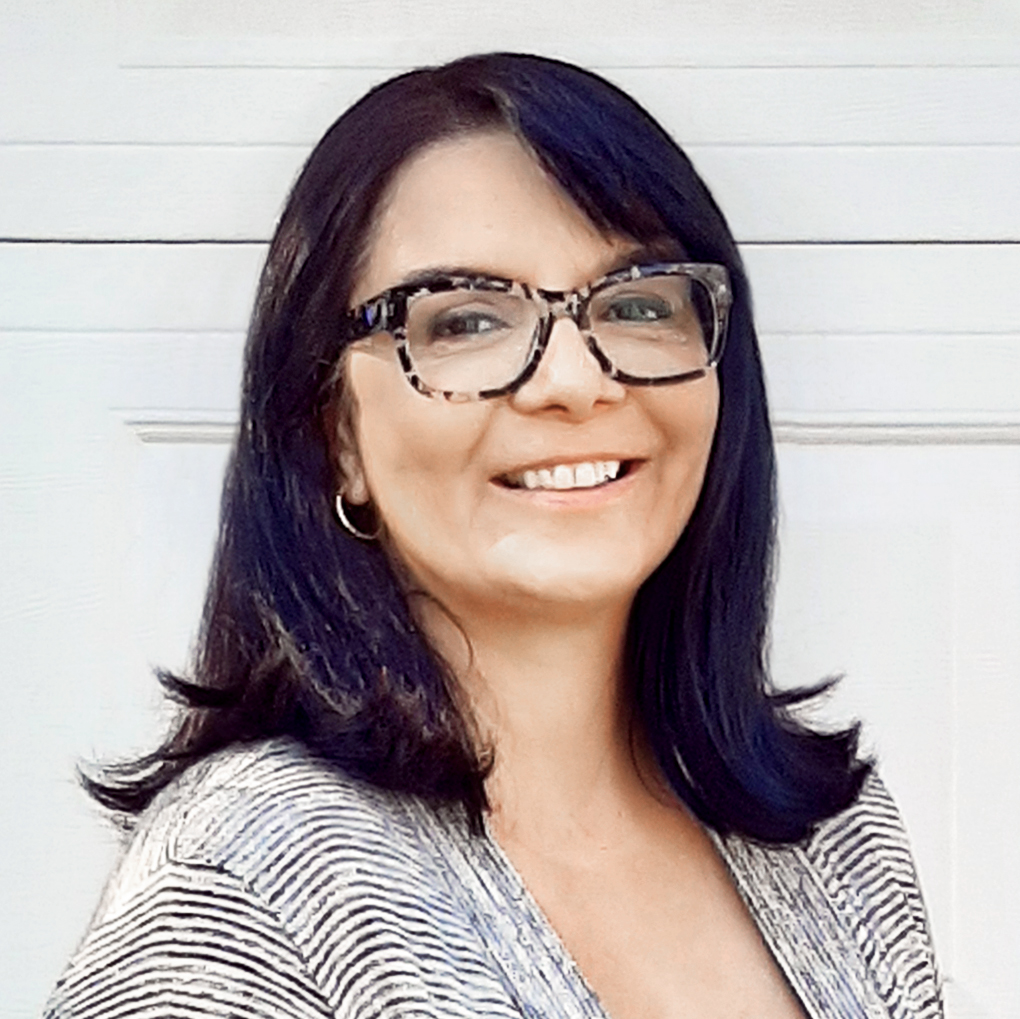Monika Dudek has spent the past seventeen years building and protecting Trading Technologies’ patent portfolio, one of the largest in the financial trading space. When she came on board at the company in 2002, the electronic trading software firm had only a handful of patent applications on file. Today, it has more than nine hundred patents.
In 2013, Crain’s Chicago Business said the company had “pulled off a rare trifecta” in building a portfolio in the top ten for patent outputs in Illinois, the top twenty for quality, and the highest output per employee. Having such a strong, high-quality patent portfolio gives Trading Technologies a serious competitive edge, Dudek says. She notes that it strengthens the company’s market position and protects research and development investments.
Now vice president of intellectual property, Dudek first joined Trading Technologies (TT) as a patent agent, recruited for her background in electrical engineering and the expertise she developed at a Chicago law firm. During her first four years at Trading Technologies, she was pulling double duty, working full-time while completing the evening program at DePaul University College of Law.
Her early work at Trading Technologies was focused on the buildup of TT’s portfolio, invention mining, and the preparation and prosecution of patent applications worldwide. She then transitioned into a management role and started to oversee the patent portfolio’s development by the in-house team. In the last few years, she was involved in a number of post-grant proceedings involving TT’s patents and the corresponding appeals to the Court of Appeals for the Federal Circuit. Last year, she fully transitioned into managing patent litigation and currently leads all aspects of district court litigation involving four patents.
Trading Technologies is unique in that it has chosen to keep the vast majority of portfolio work in-house, versus turning over patent drafting and prosecution to outside counsel. This tactic, as well as building out an expert team that includes highly qualified patent prosecutors, has been key to building TT’s strong patent portfolio.
“You have to really know the space to craft effective claims for patents,” Dudek says. “Writing a good claim requires a delicate balance. Too broad, and it can be read on prior art and will not withstand a litigation challenge; too narrow, and it can easily be designed around.”
“If we are in leadership positions, we should work toward increasing equality and diversity in the intellectual property field, not only by our own actions but also by being vocal with corporate leadership about the need to do so.”
Building Trading Technologies’ patent portfolio required a steady flow of fresh ideas, so the in-house team established a culture of innovation. They educated employees about the patent process, encouraged engineers to come to counsel with their ideas, held brainstorming sessions with engineers, and established a recognition program for inventors. They also built a patent committee to review innovations.
“During my early days at Trading Technologies, those patent committee members were our eyes and ears at engineering meetings. They alerted us to potential innovations, which provided yet another stream for a steady innovation pipeline at the buildup stage,” Dudek says.
The in-house team also worked closely with examiners at the United States Patent and Trademark Office (USPTO) to increase Trading Technologies’ allowance rate, especially in the early years of the portfolio buildup. “In 2004, when most of our cases started getting examined, the allowance rate in our patent class was one of the lowest of any patent class at the time,” she says. “We had to work with the examiners at the USPTO to educate them about our technology.” A few years of persistence paid off, and the in-house team significantly increased the allowance rate, setting off a period of robust portfolio growth.
Although Dudek is passionate about her work in patent law, she says the profession suffers from a severe gender and diversity gap. It’s not rare for her to be the sole woman in a room full of male attorneys and engineers.
In 2018, to encourage other women in the field, Dudek became one of four founding members of the Chicago chapter of ChIPs. ChIPs stands for Chiefs in Intellectual Property and is a global organization that connects and advances women in tech, law, and policy. More than sixty women attended the very first event, and the chapter has continued to grow ever since, says Dudek, who is currently the Chicago chapter’s cochair.
“ChIPs events are highly beneficial to both young and senior female attorneys because they provide a venue to develop and enhance networks and spotlight successful women leaders,” she says.
Now that she’s been in patent law for twenty years, Dudek says she feels it’s an obligation—and an honor—to pay it forward to women just starting their careers in patent law. “I am always ready to help young attorneys, meet for coffee, and offer advice,” she says.
She continues, “If we are in leadership positions, we should work toward increasing equality and diversity in the intellectual property field, not only by our own actions but also by being vocal with corporate leadership about the need to do so.”
***
Expertise Spotlight
As a specialist international IP firm with twenty years of experience in helping businesses protect and exploit their IP, EIP is immensely proud to have Trading Technologies as a long-standing client. Trading Technologies were and remain ahead of the field as an independent software vendor offering groundbreaking tools for traders. While exciting and innovative, they present challenges when securing patent protection in Europe. From EPO examiner trips to regular and lively discussions around “technical contribution,” EIP partner Heather McCann has worked closely with Monika for more than twelve years to develop a filing and prosecution strategy that has enjoyed success in Europe.
EIP combines patent attorneys with IP litigators and provides clients with a range of filing and prosecution services, strategic advice, and enforcement through litigation. At EIP, we focus on direct client work and building industry knowledge, based on close links with our in-house instructors. EIP’s expertise is recognized by leading legal and industry directories and garners quotes such as “The most impressive aspect of EIP’s work is its ethos and ability to just get things done” and “hits far, far above its weight.”
Visit www.eip.com to find out how we aim to be “Better, Different.”


